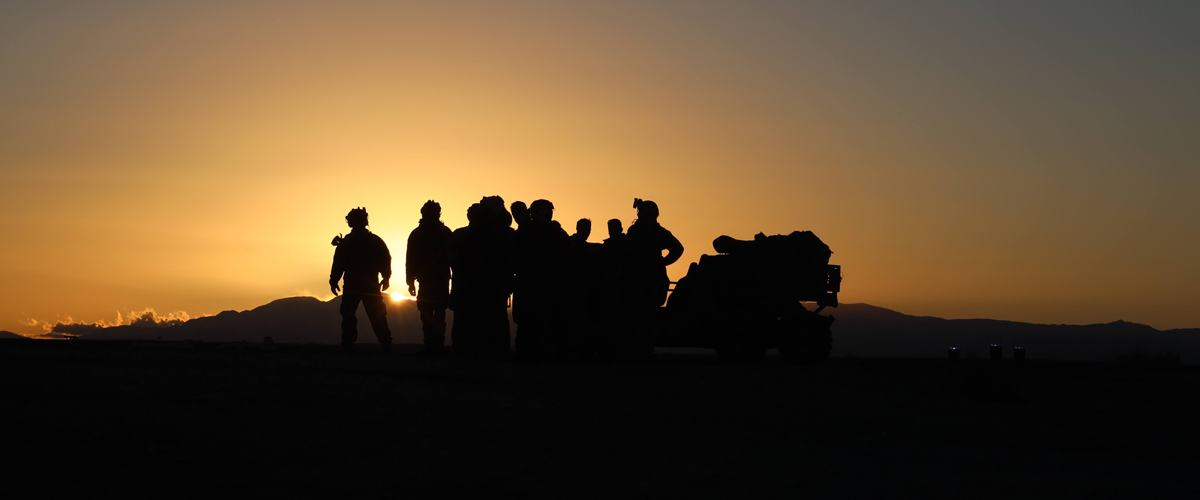Holiday Hours Update
(posted 14 feb 26) - MCCS updated hours of operation for the Presidents Day holiday.
Military & Family Life Counselors
On this page:
On this page:
MFLCs are free, they do not take records and you don’t need a referral.
The Military and Family Life Counselor is a Masters or PH.D. level licensed clinical counselor that works with families, individuals, couples and children to provide short term, non-medical, problem identification and counseling services. They are able to address relationships, stress management, grief after loss, occupational issues, crisis intervention and other individual and family issues. They also work with existing military family support programs to compliment services provided.
Seven Things to Know About MFLC
- All MFLCs are licensed professional mental health counselors (LCSW, LPC, LMFT, etc.) who provide non-medical solution-focused “counseling” (no longer called “consultation”) to military personnel and their families. MFLCs assist people to explore alternate solutions to current daily life stressors.
- MFLCs are considered an augmentation, not a replacement, for existing family support services.
- Anything shared with an MFLC is confidential unless it is a Duty to Warn situation, as the MFLC is a mandated reporter and not a restricted reporter. Duty to Warn is when someone tells an MFLC they want to hurt themselves or others, to include domestic violence, sexual assault or child or elderly abuse.
- MFLCs maintain contact with Marines/Sailors (and their families) through their confidential cell phones and face-to-face communications. The MFLC’s cell phones are manned from 0800 to 2000, Monday through Friday. They will respond expediently.
- The MFLCs’ work day is flexible; however, it is a 40 hour work week. This provides the MFLCs the opportunity to meet with people prior to work, after work and to support those who work a shift schedule. Additionally, it enables the MFLCs to provide support at base or command events and to facilitate workshops or other groups.
- MFLCs do not keep records and are able to meet people anywhere, except their homes, unless it is a command related event such as an FRG meeting etc.
- People can meet with the MFLC for up to 12 sessions.
Contact Information and Resources
Behavioral Health Counseling & Prevention
Phone: 2524663264
Domestic Violence 24/7 Response Line: 2526710377
Family Advocacy Program:: 2524663264
National Sexual Assault Hotline: 8779955247
Sexual Assault Victim Advocate Response:: 2526654713
Veterans Crisis Line: 8002738255 Ext: 1
Hours of operation:
| Monday | 7:30AM - 4:30PM |
| Tuesday | 7:30AM - 4:30PM |
| Wednesday | 7:30AM - 4:30PM |
| Thursday | 7:30AM - 4:30PM |
| Friday | 7:30AM - 4:30PM |
| Saturday | CLOSED |
| Sunday | CLOSED |



